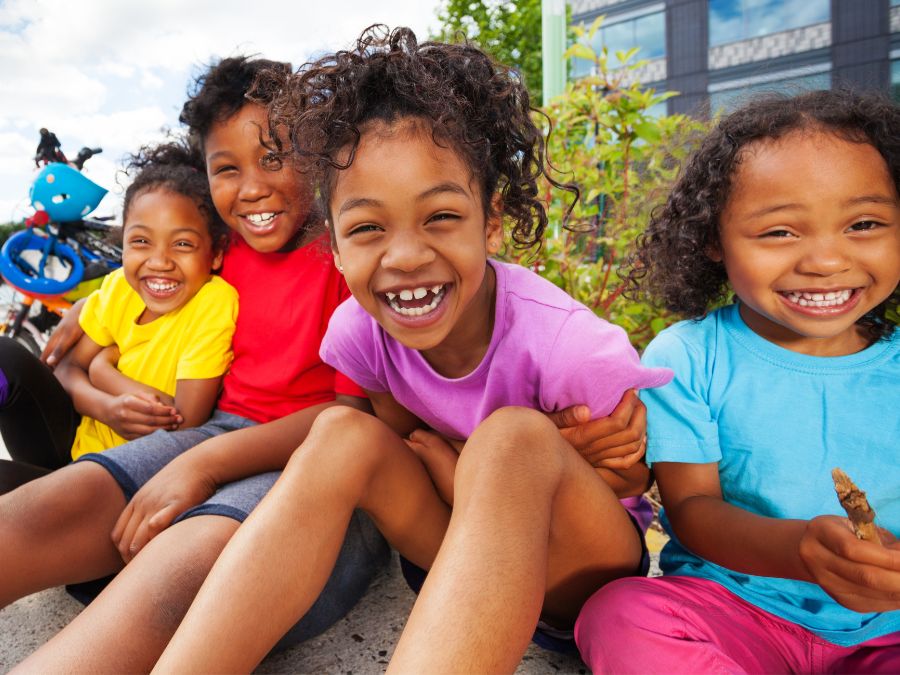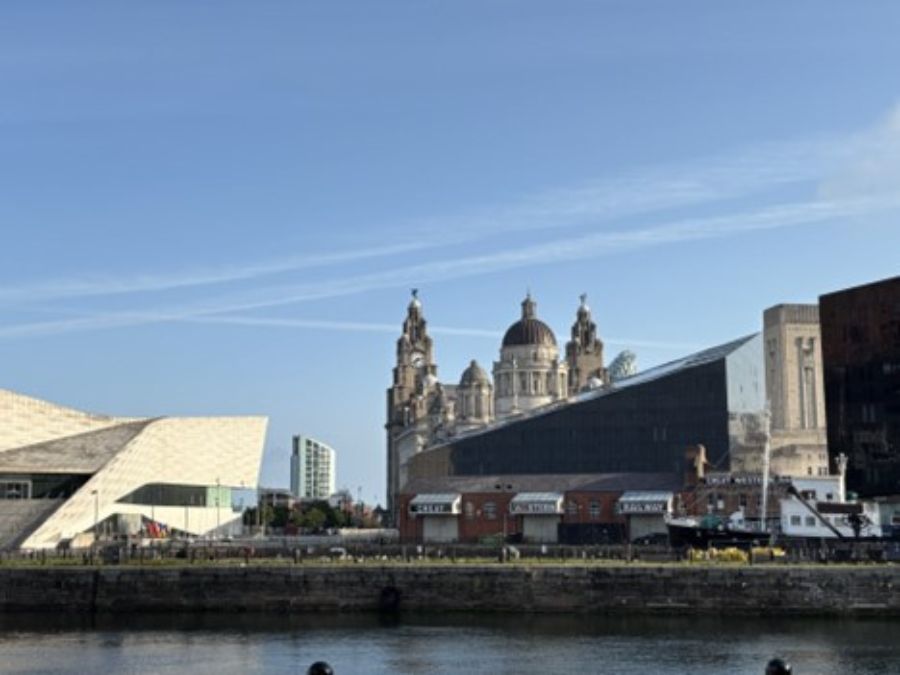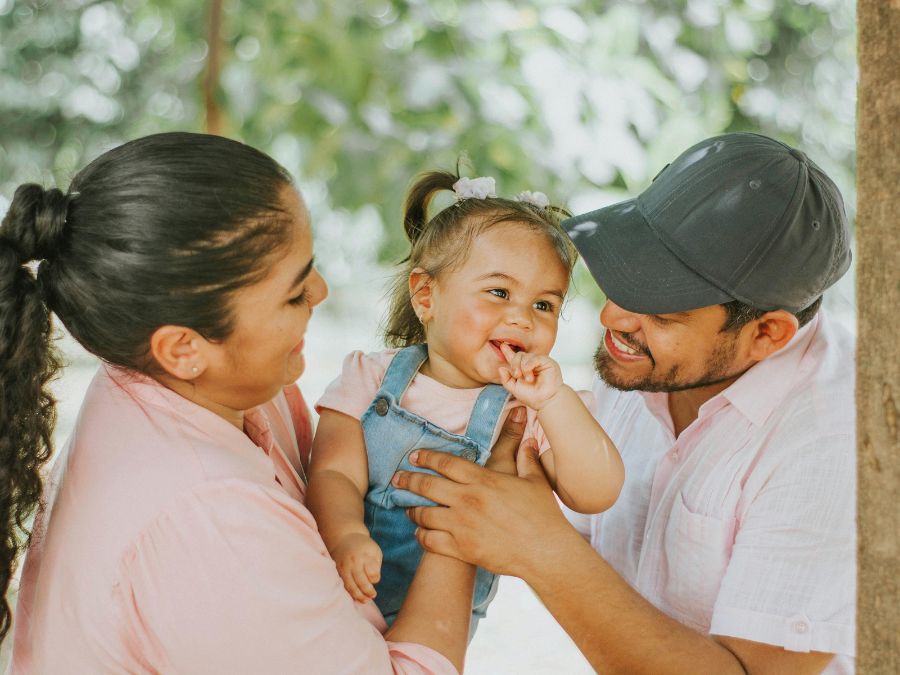
Practicing positive childhood experiences (PCEs) can happen all year round, season to season. With the school year behind us, the summer can create more unstructured time for families than usual, especially during hot days. There are many free and low-cost ways to continue practicing PCEs during the summer. We created a list of fun tips and suggestions that connect to one or more of the Four Building Blocks of HOPE, or the key types of PCEs.
The Four Building Blocks of HOPE can look different can look different for each family and child. These tips are a guide to help families and communities brainstorm new ideas. We hope these tips inspire you to try something new or return to past summer traditions.
10 ways to practice PCEs during the summer
- Stay cool during hot days! Find communities that offer public splash pads outside.
- Spend a day at the local library! Libraries offer many forms of events and things to do, and can even offer free tickets to local museums.
- Plan a movie night! Many local libraries have a large collection of DVDs. Pick out a special movie to watch together.
- Be with nature! It is great to go outside, even in your backyard to play games or sit and read a book together.
- Visit a local nature center! Many community centers offer free or low-cost programs.
- Stay connected with family and friends! Call a different family member or friend each week. Plan out questions or topics to talk about together.
- Give back to the community! Volunteering together as a family and helping others can create a strong sense of meaning and fulfillment.
- Add a fun spin to family visits! If grandparents or other family members are watching the kids while school is out, make it sound like a special or new experience. (e.g. Camp Grandma or Poppy’s Fun Adventure Camp).
- Explore your neighborhood! Make a hike or walk special by creating a scavenger hunt or see who can collect the most rocks.
- Appreciate the moment! Remember to pause and reflect on the time you have with your children and community. There is something special in every stage of their life.


